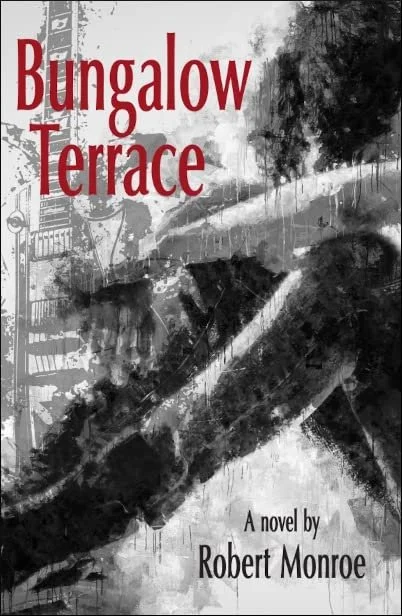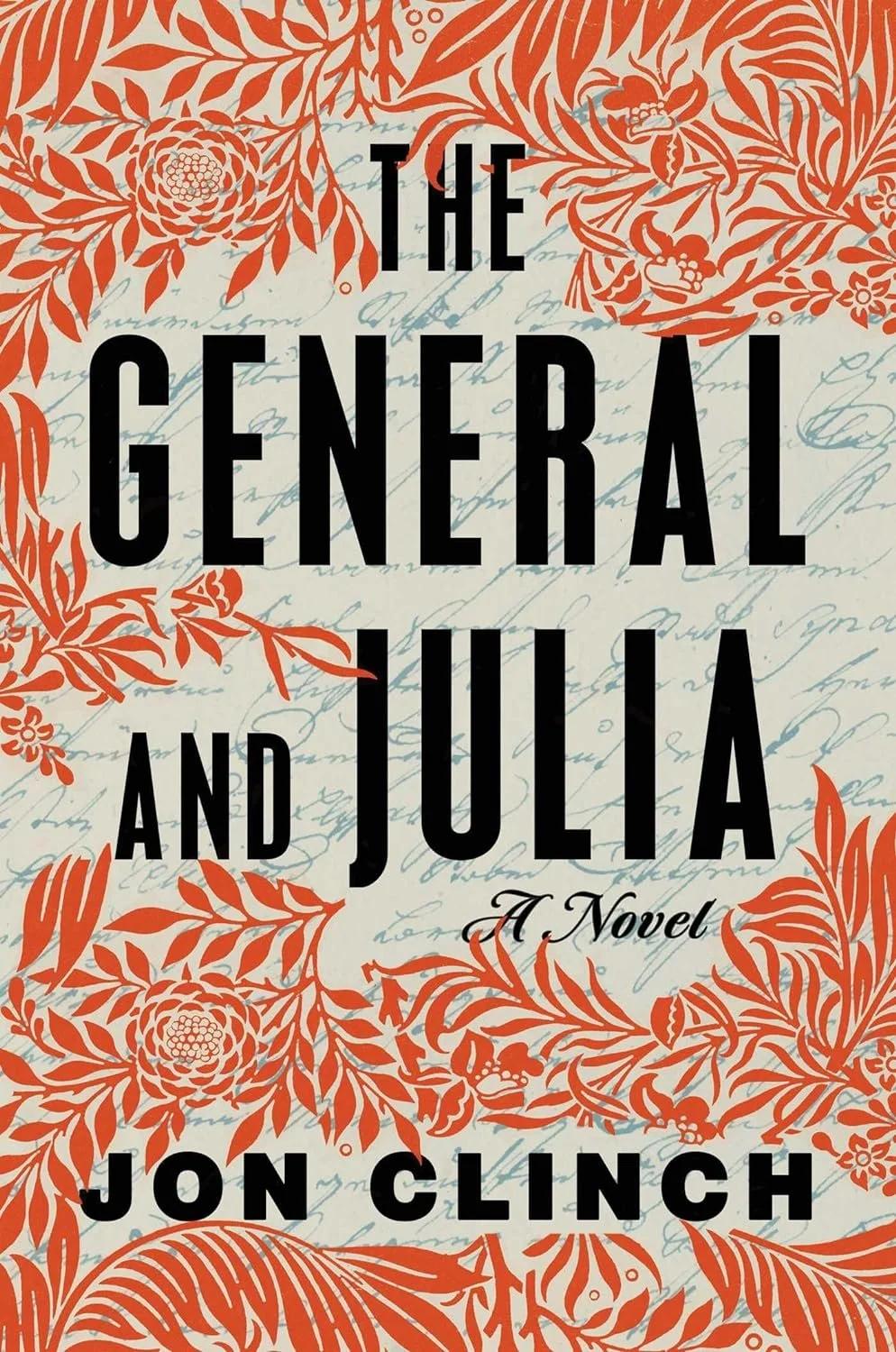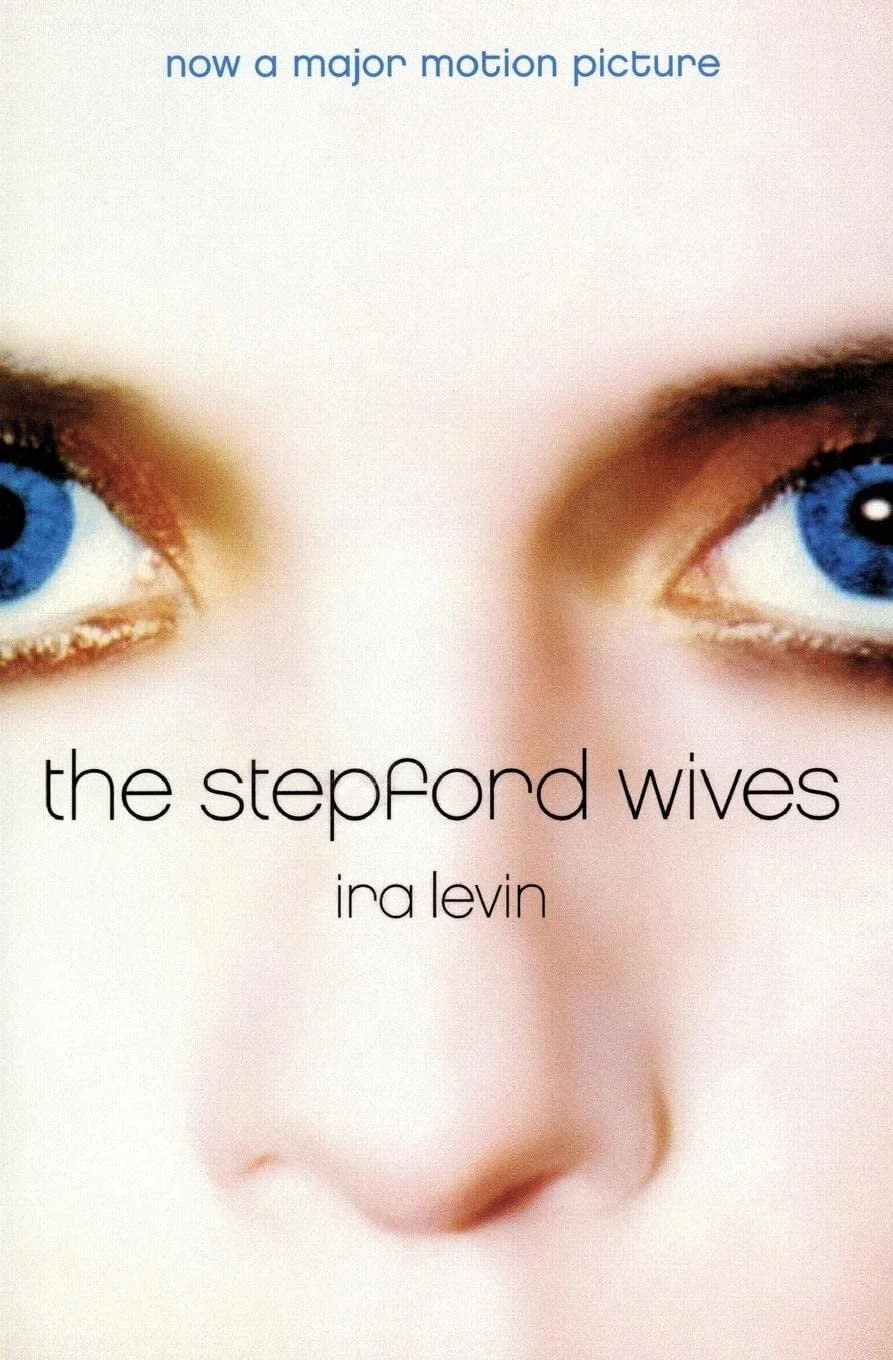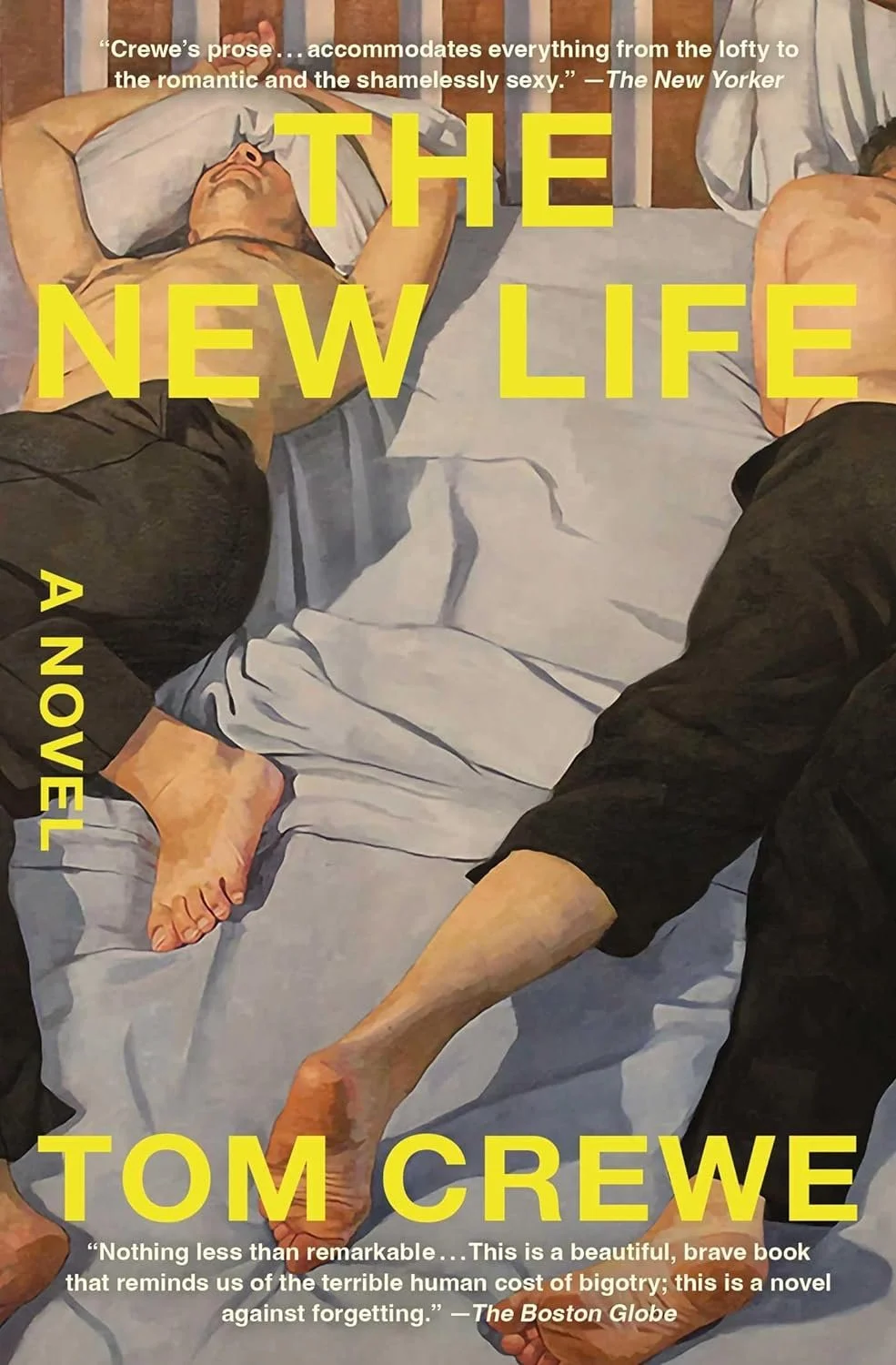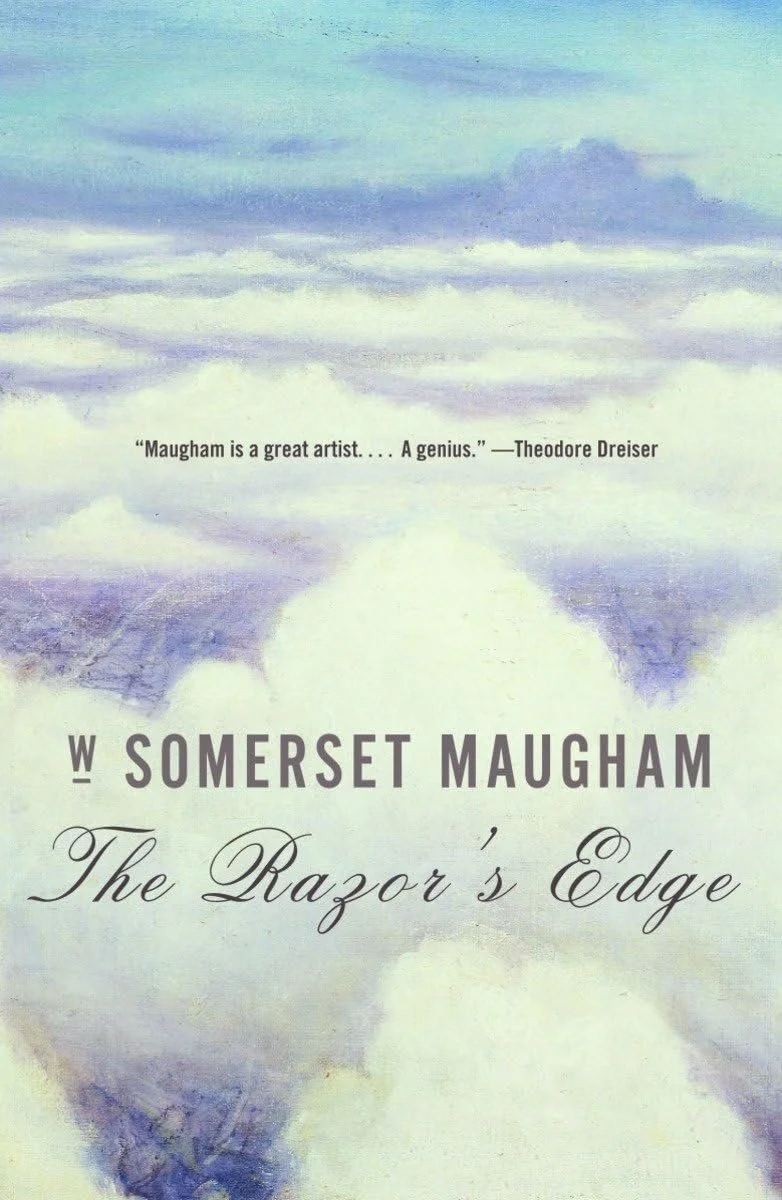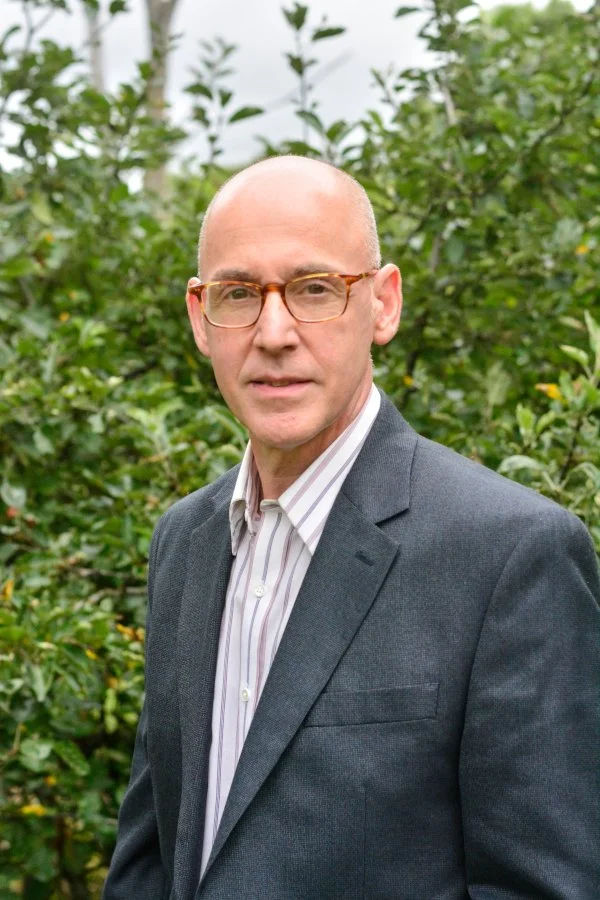Robert Monroe
Author Interview - Robert Monroe
Author of Bungalow Terrace
Beginning in the 1950s, four best friends from a working-class street called Bungalow Terrace are inadvertently turned into a singing group by the only light that exists in a very dark and damaging Catholic school experience. Originally called the Sapphires, the group is catapulted to fame by a dictatorial record producer and, under the unlikely name of Bungalow Terrace, becomes one of the most iconic rock-and-roll bands of the twentieth century.
The line-up includes Vince, the unofficial leader of the group, who succumbs to the expansive promise of "Mary Jane" and LSD and, in an effort to elude the scars inflicted by an abusive, alcoholic father, becomes addicted to methedrine and prescription pills.
Kevin, the heart of the group, desperately tries to conceal his sexuality at a time when being gay was not only considered degenerate and immoral but was also illegal. The unwitting victim of a blackmail plot, he is subjected to the "Lyndhurst Cure," a torturous and barbaric form of conversion therapy guaranteed to cure him of his homosexuality.
David, the group's proverbial Jiminy Cricket, ecstatically marries his unrequited childhood fixation, Shelia Somers, only to discover an insidious secret that sheds light on the brutal accidental death of their five-year-old daughter, Melissa.
Finally, there is Steve, the charismatic breakout star of the group, who battles the stigma of his illegitimate birth with indiscriminate one-night stands and meaningless sex. A serial philanderer and womanizer, he is finally forced to confront his feelings of inadequacy when an unexpected house guest reveals the truth behind a long-forgotten incident from his past.
A tale of discovery and awakening, Bungalow Terrace explores the insurmountable questions behind who we are and why we're here. Delving into the contradictory concepts of power and how the universe works, Bungalow Terrace is ultimately a story of redemption, transformation, and forgiveness.
Author Interview - Robert Monroe
Author I draw inspiration from:
I have been inspired by so many authors, both past and present. For example, Jon Clinch's ability to emulate such masters as Dickens and Twain while still retaining his own identity as a writer is awe-inspiring. However, the author who has inspired me the most is Grace Metalious, the author of Peyton Place. Here was a housewife in the 1950s who, through courage and fortitude, wrote a novel exposing the hypocrisies inherent in daily American life that literally changed the course of the publishing world. She was addressing subjects that no one, let alone a woman, was addressing at that time, and her tenacity to buck the system and speak her truth, particularly in the face of controversy and backlash, is both humbling and inspirational.
Author Interview - Robert Monroe | Author I Draw Inspiration From
Favorite place to read a book:
I actually have two favorite places I like to read. If I'm reading during the day, I enjoy sitting in my easy chair by the bay window in my apartment that faces the street. The light is always beautiful, and in the warmer weather, there is always a gentle sea breeze wafting in from the ocean. In the evening, however, I prefer to read in bed by a single lit lamp on my bedside table.
Book character I’d like to be stuck in an elevator with:
I have always disliked the ending to Ira Levin's novel The Stepford Wives, despite the fact that I love the book. It always bothered me that the men got away with it. So, I'd love to be stuck in an elevator with Joanna Eberhart, the novel's main character. I would first ingratiate myself by striking up a conversation about our mutual love of photography. When she felt more at ease, I would then insinuate that her suspicions about the men's association are valid but that the real villain in the piece is her husband. I would then strongly suggest that she contact her closest friend, Bobbie, retrieve her children, and leave Stepford immediately. Once she was safe, she could expose the association's evil doings and become victorious. Of course, this would alter the author's original intention and somewhat sabotage the point of the book, but it would make me happier.
Author Interview - Robert Monroe | Book Character I’d Like to be Stuck in an Elevator With
The moment I knew I wanted to become an author:
I had left New York City and a career as a talent executive to move to the state of Maine to become a photographer. One evening, after a particularly difficult day at work, I was sitting at my kitchen table, and the first line of my novel popped into my head. Where it came from and what the inspiration for it was, I don't know. I just thought to myself, That would be a great way to start a book, and I let it go. However, like all great inspirations, it wouldn't let me go, and, before I knew it, the structure of the story began to formulate in my head. Over a period of months, I fought the idea of writing a book, and then one evening, I took pen to paper and wrote a facsimile of what would eventually become the first chapter. It was then, in that moment, that I knew I wanted to be an author. Nothing in all of my creative endeavors had ever left me feeling so completely satisfied and fulfilled.
Hardback, paperback, ebook or audiobook:
I love the tactile experience of reading a physical book, so I have never read an ebook or listened to an audiobook. In terms of personal preference, I prefer a hardback book. I love the weight, the feel, and the texture of a hardback book. I also love the artistry and design of dust jackets. They're like historical benchmarks for the artistic and cultural trends of our time. You could certainly say the same thing about the cover art of a paperback, but, for me, a paperback seems more disposable and impermanent. I'm sure it's just a judgment, and heaven knows, the important thing is what's between the covers, but I never hold a paperback with the same amount of reverence as I do a hardback book.
The last book I read:
The last book that I read was The New Life by Tom Crewe. I thought it was stunningly written and exquisitely realized. Mr. Crewe's mastery of language is enviable and something, as a writer, I aspire to. I also loved learning something new about LGBTQ history. I was unfamiliar with John Addington Symonds and Havelock Ellis, the two men that the two main characters are loosely based on, and their public and potentially dangerous attempts to normalize and decriminalize gay sexuality at a time when it was considered a degenerate aberration and a criminal affront against God and country. Their plight, fictitiously handled by Mr. Crewe's keen development of character and astute attention to accuracy and detail, was quite remarkable.
Author Interview - Robert Monroe | The Last Book I Read
Pen & paper or computer:
I wrote the first draft of Bungalow Terrace with pen and paper. I then wrote each subsequent draft, including edits and re-edits, on the computer. I like them both for different reasons. Writing on the computer allows me to see the big picture. It helps me structurally, and it's convenient for on-the-spot research and corrections. Writing with pen and paper is more intimate and tactile. It helps me to clarify details and more thoroughly access the emotional core of the story. As a matter of course, I use both. If I'm at home, I usually write on the computer, but if I am out and about, say, at a coffee shop or sitting on the front porch, I use a pen and paper. It creates a nice balance.
Book character I think I’d be best friends with:
I would love to be best friends with Larry Darrell, the main character in W. Somerset Maugham's novel, The Razor's Edge. His choice to move beyond the constraints imposed by the physical world and act with a more expansive and self-empowered mindset is something that I aspire to and endlessly admire. His mission, as penned by Maugham, is to embrace his humanity while at the same time recognizing and acknowledging his divinity. He's approachable, relatable, and unassuming, and yet, at the same time, he has mastered the questions we all ask ourselves about who we are and why we're here. As a fellow seeker, I look for these characteristics in the people I befriend.
Author Interview - Robert Monroe | Book Character I’d be Best Friends With
If I weren’t an author, I’d be a:
As I mentioned, I have worked in theater and television as a casting director and talent executive. I have also spent the last twenty odd years working as a fine art photographer. I think the only career I haven't made an investment in is singing. I sometimes, particularly when I'm listening to music, fantasize about working in clubs, singing standards, and obscure show tunes. It's a pleasant daydream. Who knows, maybe one day I'll put a set together and see what happens.
Favorite decade in fashion history:
My favorite decade of fashion is the late 1950s and early 1960s. I love the cut of the clothes, the symmetry, the hint of formality, and the tailoring. I find the clothes to be stylish, elegant, and chic, and I love how, from my perspective, they flatter the human form.
Place I’d most like to travel:
The place I would most like to travel to is Italy. Both of my maternal grandparents came from Italy, and I would love to visit the small village of Monteleone, where my ancestors came from. I believe it would create a feeling of continuity and longevity, and I hear that the countryside in and around Naples is beautiful. I would also love to walk the Appian Way, peruse the art of Florence, and drink wine in Tuscany. It may sound a bit typical and cliche, but to me, it sounds like a wonderful adventure.
My signature drink:
My signature drink is a Canadian Club Old Fashioned. It reminds me of my grandfather and my maternal uncles, and when I order one, it makes me feel like I'm carrying on a family tradition.
Favorite artist:
As a photographer, I admire the prolific catalog of Todd Webb. His photographs, including his landscapes, are evocative, revealing, and charged with emotional intensity and reverie. He was truly a master of his medium. I also adore the genius of Judy Garland. Her emotional commitment and immersion into the lyric of a song defy comparison, and the power with which she executes her craft is unparalleled.
Number one on my bucket list:
I already mentioned that I'd love to take a trip to Italy. So, I think the number one item on my bucket list would be to buy a home in the town of Little Falls, in the Mohawk Valley, in upstate New York. My mother's entire family emigrated from Italy and settled in Little Falls. We would often visit when I was little, and it has become the source of my most treasured childhood memories. I love the physical town itself, and I love the valley's innate sense of sacredness. It's steeped in history, and I still have a good deal of family living there. As you get older, you seek touchstones, things that are comfortable and familiar, and the safety and wholeness I feel when I visit is something I would like to experience on a daily basis.
Anything else you'd like to add:
I would just like to say thank you, Ashley, for allowing me the opportunity to share my thoughts, impressions, and, most importantly, my novel with your audience. Reaching new readers is always exciting, but it can sometimes be a daunting process. So, thank you for allowing me to share my book and my process with your subscribers. It is sincerely appreciated.
Find more from the author:
https://robertmonroeauthor.com/
About Robert Monroe:
Author Interview - Robert Monroe
Robert Monroe graduated with a B.A. in Theater Arts from the State University of New
York/Oswego. For twelve years, he worked as a New York casting director and talent executive.
His credits include projects with the Walt Disney Company, the John Houseman Theater, the
Annual MDA Telethon, and the now defunct United Paramount Network. At the beginning of
the millennium, he moved to Portland, Maine to pursue a career as a photographer. His
exhibitions include the Biennial at the Portland Museum of Art, Photographing Maine: Ten
Years Later at the Center for Maine Contemporary Art, and Return to Peyton Place:
Photographs by Robert Monroe at the Mohawk Valley Center for the Arts. He is a founding
member of the Bakery Photographic Collective. BUNGALOW TERRACE is his debut novel.



